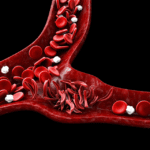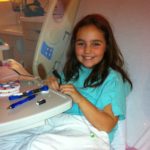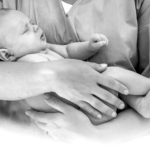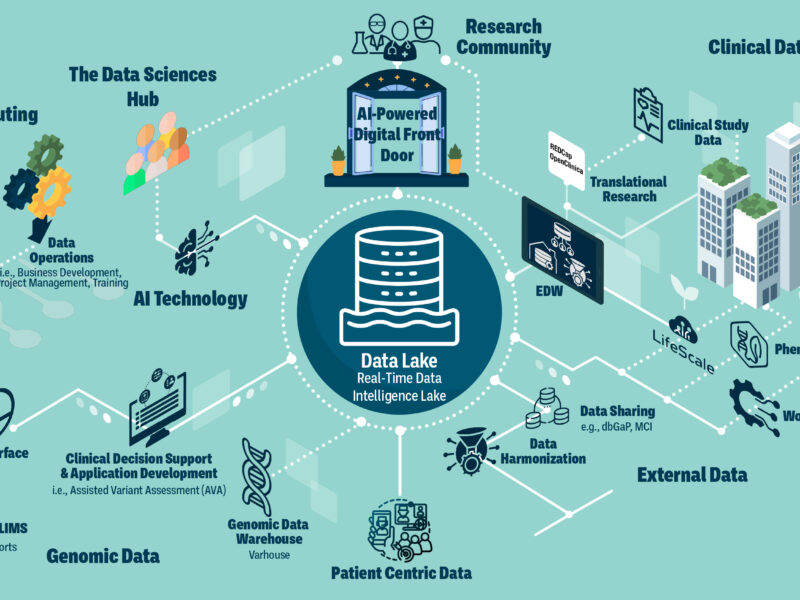Advancing Genomics-Driven Precision Medicine in the NICU
Advancing Genomics-Driven Precision Medicine in the NICU https://pediatricsnationwide.org/wp-content/uploads/2023/04/082522BS0400-1024x683.jpg 1024 683 Natalie Wilson Natalie Wilson https://pediatricsnationwide.org/wp-content/uploads/2021/06/Natalieheadshot3-2.png- April 19, 2023
- Natalie Wilson
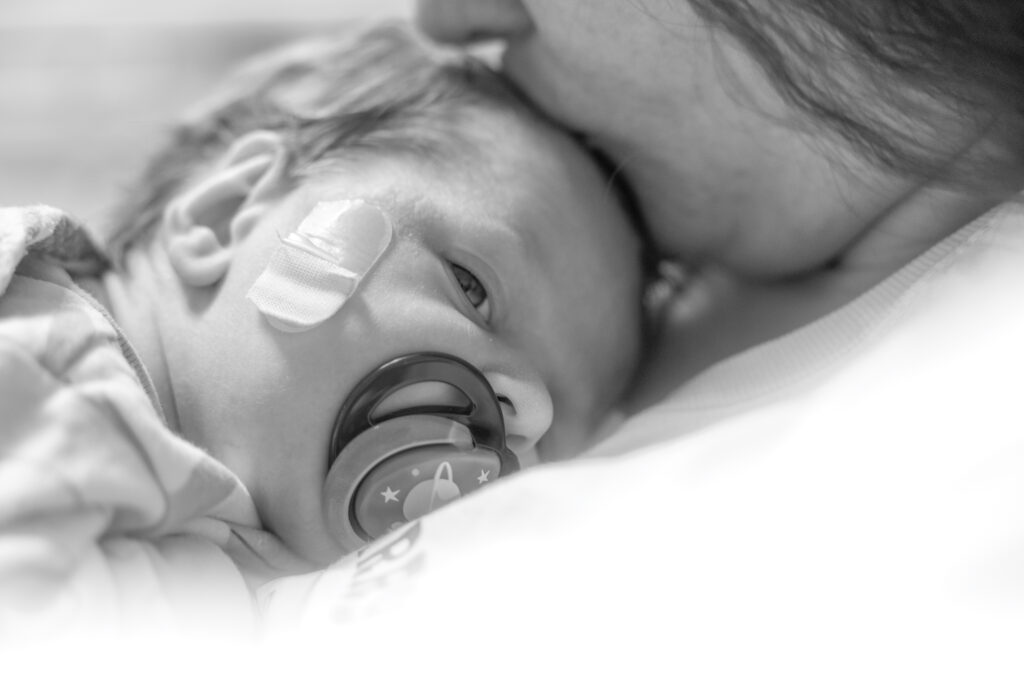
According to the Children’s Hospitals Neonatal Consortium, as many as half of newborns hospitalized in level IV neonatal intensive care units (NICUs) due to critical illness have an underlying genetic condition. Most don’t get their diagnosis for months or even years. However, clinical assays, new testing modalities and clinical trials are improving their care.
Advanced Technology Speeds Diagnosis
Thanks to technological advancements in sequencing technologies over recent decades, the genetic basis for a growing number of rare, monogenic diseases has been discovered and genetic conditions can now be diagnosed much more quickly and cost effectively.
Bimal P. Chaudhari, MD, MPH, a neonatologist and medical geneticist, was recruited to Nationwide Children’s to collaborate with other investigators to develop a clinical assay for in-house, rapid-turnaround genome sequencing (rGS) without relying on shipping samples to a commercial lab. The goal was to transform acute and critical care pediatrics by making rapid identification of disease-causing genetic variants part of routine care.
Even when providers are unable to find the cause of these patients’ symptoms through routine clinical tests, most are not diagnosed with genetic conditions while admitted to the NICU. However, knowing a child has a specific diagnosis allows their providers to select the best treatment options and may even open doors to clinical trials or emergency, compassionate use of experimental drugs. While adverse drug reactions are a leading cause of morbidity and mortality during routine medical care, genomic information could help clinicians, including those in the NICU, predict those reactions and avoid medications that might cause them in a particular patient. Genomic information can also provide key insight into a child’s prognosis, which allows for a better definition of care goals.
“While receiving a diagnosis at any point is extremely valuable for families and providers, time is of the essence when waiting on results that impact care,” says Dr. Chaudhari.
After spending two years developing the rGS test, according to Dr. Chaudhari, feasibility studies showed the in-house assay provided diagnostic performance indistinguishable from commercial labs while returning results to clinicians sooner. Interviews and surveys of patients, families and clinicians confirmed that there were impacts on care and that there were no discernable harms from the accelerated approach to molecular genetic testing.
The clinical laboratory at the Steve and Cindy Rasmussen Institute for Genomic Medicine at Nationwide Children’s is validating this assay while Dr. Chaudhari, who is also a principal investigator in the Institute, works with partners across the hospital to accelerate the use of rGS for all patients.
For years, you really couldn’t make a genetic diagnosis in the first week or so of a child’s NICU admission. … Now, you have a technology that can return a result in three to four days in 30-40% of neonates that are tested.”
Bimal P. Chaudhari, MD, MPH, principal investigator in the Steve and Cindy Rasmussen Institute for Genomic Medicine at Nationwide Children’s Hospital
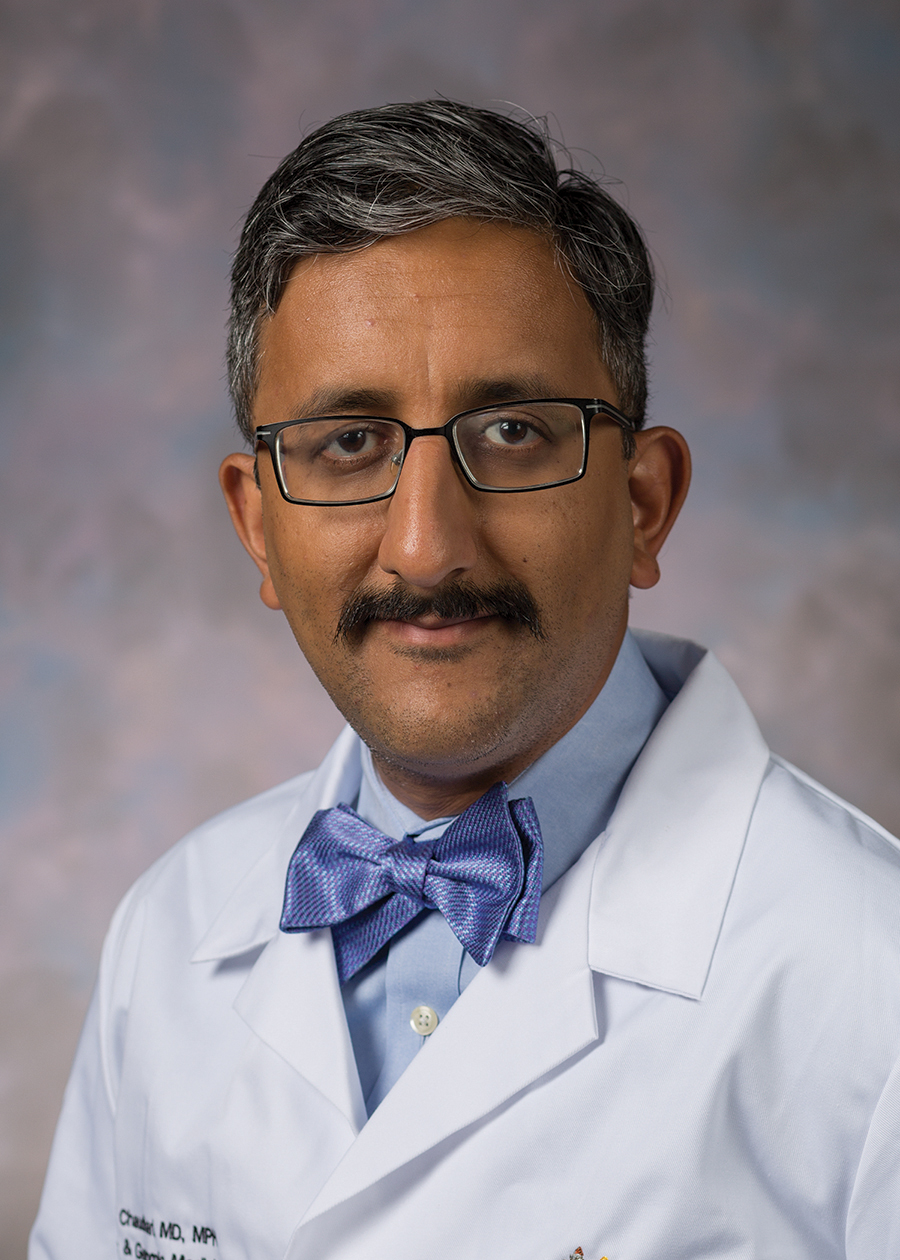
Shifting Paradigms Takes Time
“We’ve gotten to a point where we can do the testing and analysis in 36 hours, but we have identified other challenges,” says Dr. Chaudhari. “In medicine, it’s not always, ‘If you build it, they will come.’ We like to think that if you design this shiny new technology and drug, all the right people will realize how great it is and use it, but that’s not necessarily the case. It can take years for there to be broad adoption and use of a new tool and a change in care.”
A study from Dr. Chaudhari’s lab presented at the 2022 Pediatric Academic Societies Meeting showed that while the age at which patients admitted to a Nationwide Children’s NICU received a diagnosis has decreased, it can still take months for children with rare genetic diseases to obtain a definitive diagnosis.
In the retrospective study of 22,212 infants admitted to a Nationwide Children’s Neonatal Network NICU from 2010 to 2020 and followed post-discharge, one or more genetic tests were ordered for 7.4% of patients, and 17.9% of those tested received a genetic diagnosis.
Children born in 2010 received a diagnosis at an average age of 993 days, while children born in 2020 were able to receive a diagnosis at an average age of 93 days. While this represents a 90% decrease over a decade, most diagnoses were still made after patients were discharged.
Dr. Chaudhari says it’s important to help physicians understand how and when genomic testing can be helpful and build the infrastructure to make testing more widespread.
“For years, you really couldn’t make a genetic diagnosis in the first week or so of a child’s NICU admission. Neonatologists have been trained for generations that you need to provide critical care services first, and you could talk to a medical geneticist after a kid was stable. Now, you have a technology that can return a result in three to four days in 30-40% of neonates that are tested, and those results inform care in the majority of cases,” says Dr. Chaudhari. “Then the problem becomes, how do you help neonatologists recognize this kind of paradigm shift in how they deliver care?”
Nationwide Children’s has made this paradigm shift — integrating genomic medicine into multiple domains of pediatric research and clinical care — a key strategic goal. To that end, Dr. Chaudhari and his team continue working to improve genomic testing, they also aim to document benefits to make genomics salient to nongeneticist health care providers.
Dr. Chaudhari leads multiple studies related to the development, implementation and evaluation of delivery strategies for rapid genome sequencing in acute and critical care settings and medically complex neonatal and pediatric populations. He also chairs the Genomics Focus Group of the Children’s Hospitals Neonatal Consortium, which unites over 40 Level IV NICUs across the United States and Canada, and is involved with efforts by the American College for Medical Genetics and Genomics to create evidence-based practice guidelines for rGS in intensive care units.
This feature was published in the Spring/Summer 2023 issue. Download the full issue.
Reference:
Metzler M, Antoniou AA, Chaudhari BP. Ten year genetic testing utilization and outcomes trends within a large neonatal network. Pediatric Academic Societies Meeting Poster Presentation. 2022 Apr 22.
Image credit: Nationwide Children’s
About the author
Natalie is a passionate and enthusiastic writer working to highlight the groundbreaking research of the incredible faculty and staff across Nationwide Children's Hospital and the Abigail Wexner Research Institute. Her work at Nationwide Children's marries her past interests and experiences with her passion for helping children thrive and a long-held scientific curiosity that dates back to competing in the Jefferson Lab Science Bowl in middle school. Natalie holds a bachelor’s degree in sociology from Wake Forest University, as well as minors in women's, gender & sexuality studies and interdisciplinary writing. As an undergraduate student, Natalie studied writing and journalism, engaged with anthropological and sociological research with a focus on race and ethnic relations, served as executive editor for the student newspaper, the Old Gold & Black, and gained marketing experience as an intern for a nonprofit entrepreneurial incubator, Winston Starts, as well as by working for Wake Forest University School of Law Office of Communication and Public Relations and its Innocence and Justice Clinic.
-
Natalie Wilsonhttps://pediatricsnationwide.org/author/natalie-wilson/
-
Natalie Wilsonhttps://pediatricsnationwide.org/author/natalie-wilson/
-
Natalie Wilsonhttps://pediatricsnationwide.org/author/natalie-wilson/
-
Natalie Wilsonhttps://pediatricsnationwide.org/author/natalie-wilson/
- Posted In:
- Clinical Updates
- Features
- Research




